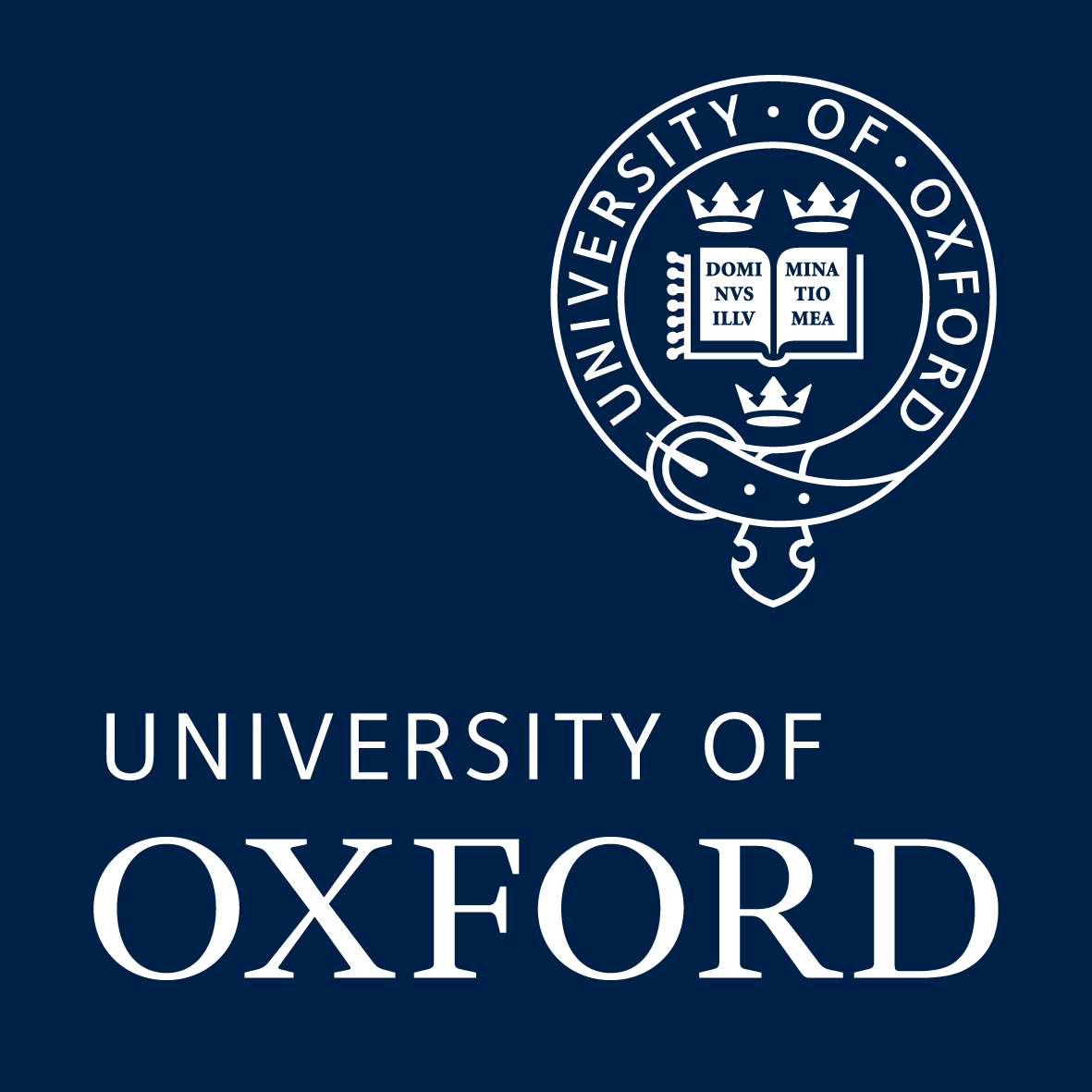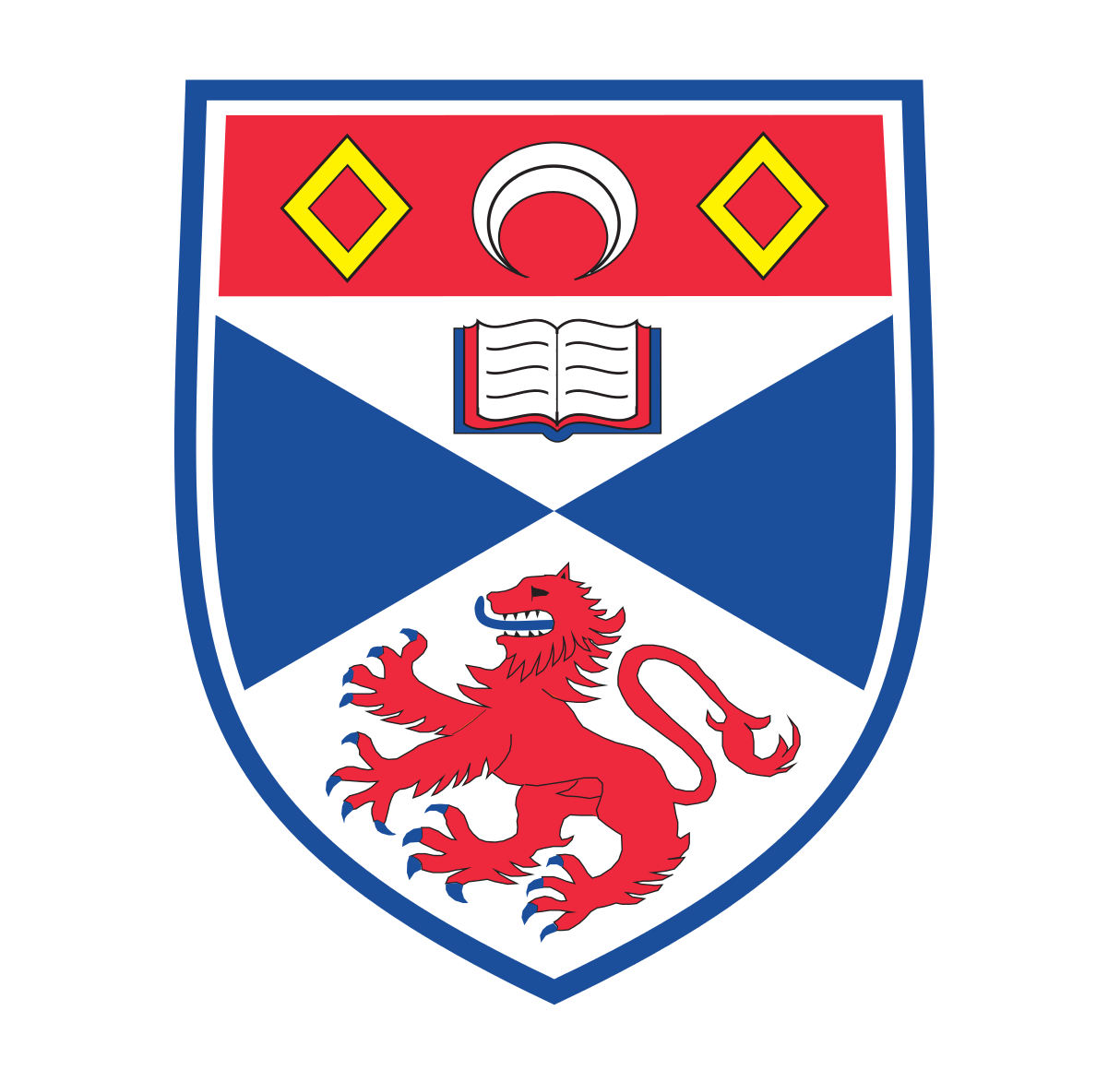The University of Wolverhampton is a British university located on four campuses across the West Midlands, Shropshire and Staffordshire. The city campus is located in Wolverhampton city centre, with a second campus at Walsall and a third in Telford. There is an additional fourth campus in Wolverhampton at the University of Wolverhampton Science Park. The university also operates a Health Education Centre in Burton-upon-Trent for nursing students.
The institution was known as Wolverhampton Polytechnic before gaining university status in 1992. Its roots lie in the 19th Century growth of the Wolverhampton Mechanics’ Institute (founded 1835); the Wolverhampton Free Library (1870); and the School of Art, established in 1851, which came together as the Wolverhampton and Staffordshire Technical College in 1931.
The university has seven academic schools/faculties and several cross-disciplinary research centres and institutes.
It has approximately 23,000 students and currently offers over 380 undergraduate and postgraduate courses.
The university is noted for its success in encouraging wider participation in higher education.

The University of Cambridge (often Cambridge University), located in Cambridge, England, is the second-oldest university in the English-speaking world and has a reputation as one of the most prestigious universities in the world.
The University is made up of 31 colleges. Colleges are where students live, eat and socialise. They are also responsible for students' personal tuition and pastoral care.

The University of Oxford (informally Oxford University) is a collegiate research university located in Oxford, England. While having no known date of foundation, there is evidence of teaching as far back as 1096, making it the oldest university in the English-speaking world, and the world's second-oldest surviving university.
The University is made up from a variety of institutions, including 38 constituent colleges and a full range of academic departments which are organised into four Divisions.All the colleges are self-governing institutions as part of the University, each controlling its own membership and with its own internal structure and activities. Being a city university, it does not have a main campus; instead, all the buildings and facilities are scattered throughout the metropolitan centre.

The University of St Andrews is a public research university in St Andrews, Fife, Scotland. It is the oldest of the four ancient universities of Scotland, and the third oldest in the English-speaking world (following Oxford and Cambridge). It was founded between 1410 and 1413
The University is located in the small town of St Andrews in rural Fife. In term time, over a third of the town's population is either a staff member or student of the university. The student body is notably diverse: over 30% of its intake come from well over 100 countries, 15% from North America
St Andrews boasts five Nobel Laureates: two in Chemistry and one each in Peace, Literature and Physiology or Medicine.

Imperial College London is a public research university located in London, which specialises in science, engineering, medicine and business. Imperial College Business School was established in 2003.
Imperial is organised into four main faculties within which there are over 40 departments, institutes and research centres. Imperial has around 13,500 students and 3,330 academic and research staff.

Durham University (officially known as The University of Durham) is a collegiate research university in Durham, North East England. It was one of the first universities to open in England for more than 600 years and has a claim towards being the third oldest university in England.
As a collegiate university, its main functions are divided between the academic departments of the university and 16 colleges. In general, the departments perform research and provide lectures to students while the colleges are responsible for the domestic arrangements and welfare of undergraduate students, graduate students, post-doctoral researchers and some university staff.
The university is currently ranked 5th or 6th by all the latest league tables of the British universities. Durham has the best quality of student life in the country according to the Lloyds Bank rankings. The university was named Sunday Times University of the Year in 2005, having previously been shortlisted for the award in 2004.




